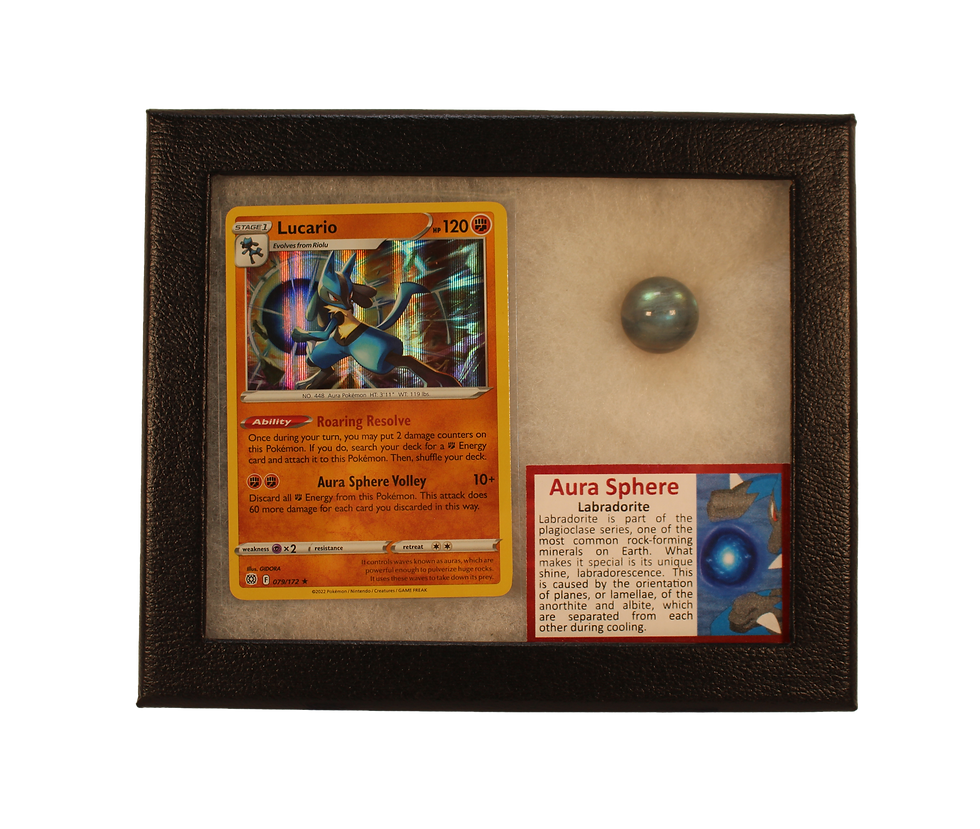Original NASA Employee
Apollo Era First Day Cover With Employee Souviner of Mission
Apollo 16
** Apollo 16 **
Apollo 16 (April 16 – 27, 1972) was the tenth crewed mission in the United States Apollo space program, administered by NASA, and the fifth and next-to-last to land on the Moon. It was the second of Apollo's "J missions", with an extended stay on the lunar surface, a focus on science, and the use of the Lunar Roving Vehicle (LRV). The landing and exploration were in the Descartes Highlands, a site chosen because some scientists expected it to be an area formed by volcanic action, though this proved to not be the case.
The mission was crewed by Commander John Young, Lunar Module Pilot Charles Duke and Command Module Pilot Ken Mattingly. Launched from the Kennedy Space Center in Florida on April 16, 1972, Apollo 16 experienced a number of minor glitches en route to the Moon. These culminated with a problem with the spaceship's main engine that resulted in a six-hour delay in the Moon landing as NASA managers contemplated having the astronauts abort the mission and return to Earth, before deciding the problem could be overcome. Although they permitted the lunar landing, NASA had the astronauts return from the mission one day earlier than planned.
After flying the lunar module to the Moon's surface on April 21, Young and Duke spent 71 hours—just under three days—on the lunar surface, during which they conducted three extra-vehicular activities or moonwalks, totaling 20 hours and 14 minutes. The pair drove the lunar rover, the second used on the Moon, for 26.7 kilometers (16.6 mi). On the surface, Young and Duke collected 95.8 kilograms (211 lb) of lunar samples for return to Earth, including Big Muley, the largest Moon rock collected during the Apollo missions. During this time Command Module Pilot Mattingly orbited the Moon in the command and service module (CSM), taking photos and operating scientific instruments. Mattingly, in the command module, spent 126 hours and 64 revolutions in lunar orbit. After Young and Duke rejoined Mattingly in lunar orbit, the crew released a subsatellite from the service module (SM). During the return trip to Earth, Mattingly performed a one-hour spacewalk to retrieve several film cassettes from the exterior of the service module. Apollo 16 returned safely to Earth on April 27, 1972.
Original NASA Employee Apollo Era First Day Cover
Smoky Mountain Relic Room offers a 30 return policy with proof of purchase.
-Limited Lifetime Authenticity Guarantee-
The Smoky Mountain Relic Room stands behind the items we sell with a limited lifetime guarantee. We will exchange any item for store credit if the item sold is found by a certified authenticator not to be the authentic artifact, fossil, meteorite, or mineral that we advertised it as being. A letter, specific to the artifact, fossil, meteorite, or mineral in question, from a certified authenticator (in the business under the occupation-specific to the item in question), must be brought in with the item for the return to be acceptable. This guarantee is for the lifetime of the initial purchaser only. See the Relic Room Manager, downstairs inside Smoky Mountain Knife Works, for more information. Original receipt required for exchanges.



















